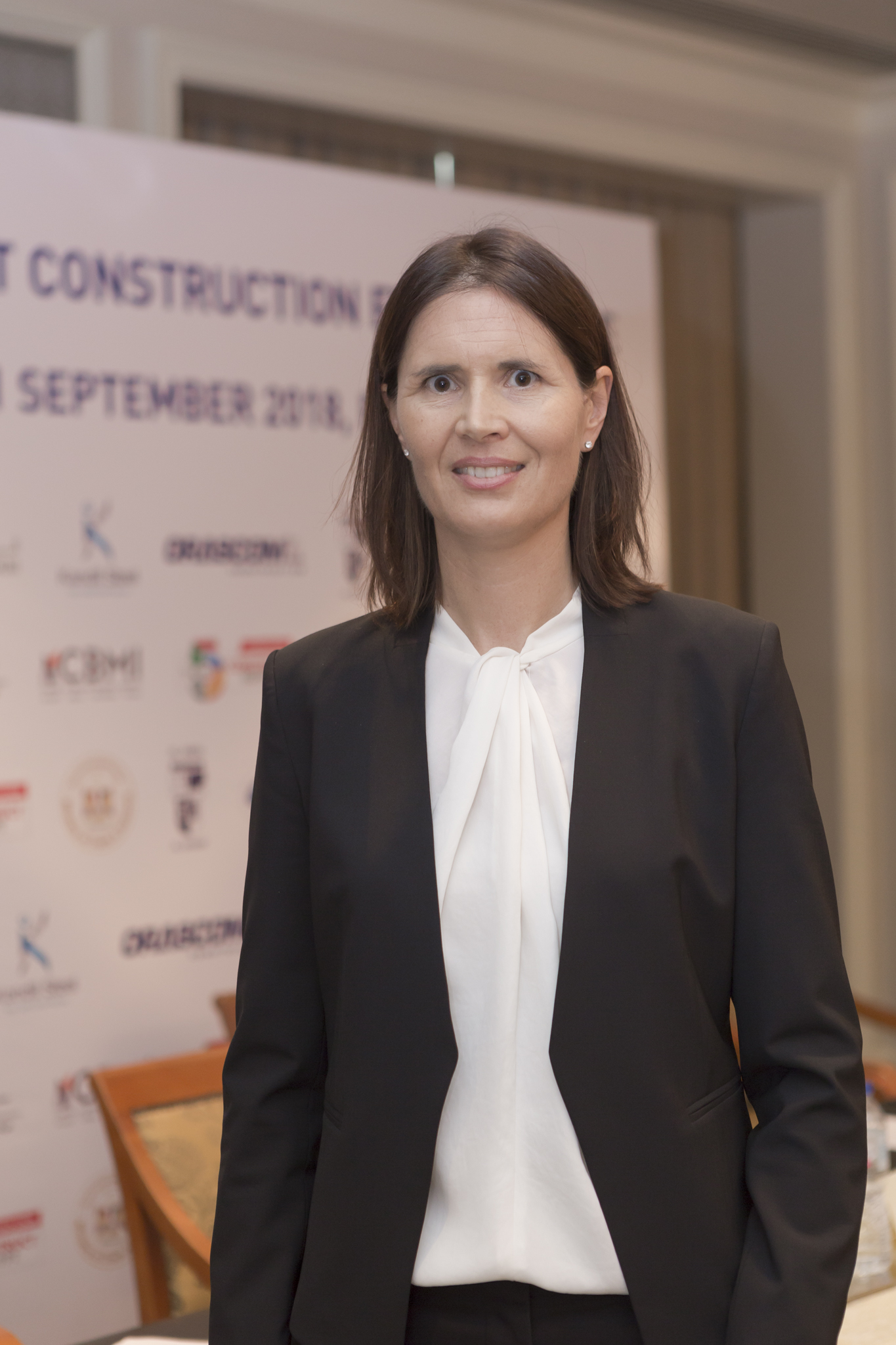The United Bank (UB) is conducting a comprehensive inventory of the number of individuals and companies that are struggling, in order to settle them, as part of the initiative recently launched by the Central Bank of Egypt (CBE) to settle the impaired debts of companies and individuals in government banks.
The balances of non-performing loans to be settled at the UB are estimated at approximately EGP 500m, next to interest.
In the same context, the bank is looking for serious customers to make quick use of the CBE’s initiative through direct communication with them or by sending registered letters explaining the initiative and its terms and benefits.
This step is followed by dealing with each case on its own, as soon as possible, and the immediate settlement with customers, whether individuals or companies, who comply with the rules stated in the initiative of the CBE.
The bank will also give the owners of the troubled factories technical support and technical banking consultancy to ensure access to the stage of production and profit.
According to Ashraf El Kady, chairperson of the bank, the CBE’s initiative to settle the debts of defaulters in government banks is a good step towards boosting local industry, increasing production, and eliminating unemployment by easing burdens on citizens and supporting troubled companies to return to work again.
He added that this initiative is also important for banks participating in the initiative. This initiative is aimed at reducing banks’ allocations for bad debts, which increases the ability of banks to channel these funds to finance the SMEs sector.
According to El Kady, among the most prominent industries that stalled as a result of stumbling are the spinning and weaving industry, agricultural projects, and livestock wealth, heavy industries, and the furniture industry, which are all vital industries that contribute to increasing production and export, and therefore their re-operation adds to the national product.
He pointed out that the main reasons for the failure of these projects is due to the decline in economic conditions after 25 January 2011 and the crises that hit the industrial sectors, as a result of the large rise in prices of raw materials and increase in foreign exchange rates, as well as the accumulation of funding burdens.
According to Farag Abdel Hamid, deputy chairperson and managing director of the bank, the initiative of the CBE will lead to the recovery of the movement of internal and external trade, as it will allow the return of productive activity at these plants.
He said the settlement of judicial disputes between banks and troubled companies would contribute to improving the investment climate and encourage investors to cooperate with banks.




